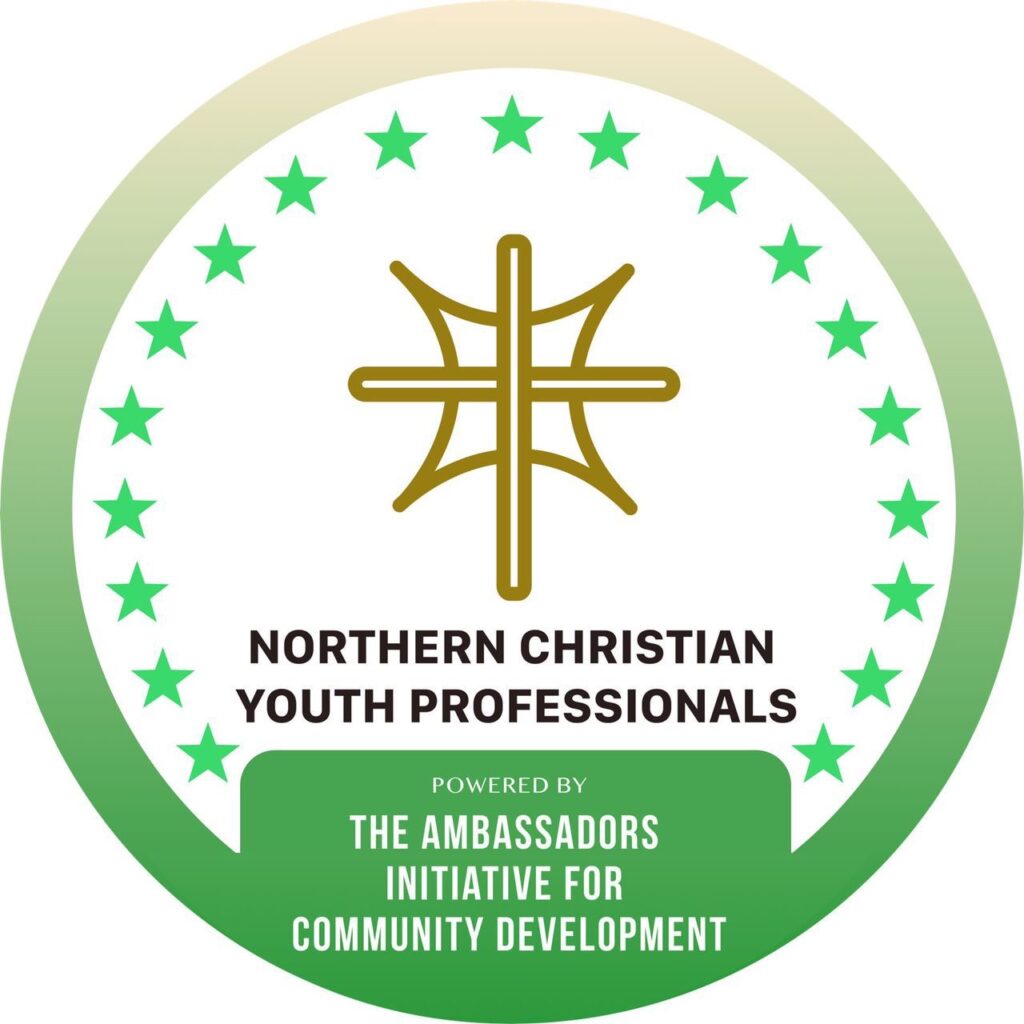The Northern Christian Youth Professionals (NCYP) expresses deep concern over the renewed wave of attacks on schools across northern Nigeria, resulting in tragic killings and mass abductions of innocent students. These heartbreaking incidents call into question the effectiveness and visibility of the Safe Schools Initiative (SSI) and its partnership with the Nigeria Security and Civil Defence Corps (NSCDC).
Isaac Abrak, Chairman of the Forum revealed this in a statement issued to newsmen.
Following the abduction of more than 200 students at the Government Primary and Secondary School in Kuriga Community, Kaduna State, NCYP issued a public statement urging President Bola Ahmed Tinubu to recruit community members—particularly those living in remote and forest-surrounded areas—into the Forest Guard and deploy them to protect schools.
Shortly after, the Safe Schools Initiative announced a partnership with the NSCDC to secure schools in these high-risk locations. Although this move differed from NCYP’s original recommendation, which emphasized the direct recruitment of local community members into the Forest Guard, NCYP welcomed the development and awaited its implementation.
However, with the resurgence of violent attacks on schools, NCYP is compelled to ask:
What role did the Safe Schools Initiative–NSCDC partnership play in protecting the schools that were attacked?
Specifically, what preventive or responsive measures were taken regarding the recent attacks on:
Government Girls Comprehensive Secondary School, Maga, Kebbi State
St. Mary’s School, Agwara LGA, Niger State
In these incidents, several individuals lost their lives, and dozens of children were abducted. These painful events demand accountability.
CALL FOR TRANSPARENCY AND PUBLIC ACCOUNTABILITY
Since its establishment after the 2014 Chibok abduction, the Safe Schools Initiative has received significant support from multiple sources:
Private sector/business leaders: $10 million pledged as seed funding for pilot programs.
Federal Government of Nigeria: ~$10 million pledged for Safe Schools Fund initiatives.
Additional government support (FEC-approved boost): $4.2 million.
United States Government (USAID / Embassy): $2 million contributed to the Multi-Donor Trust Fund (MDTF).
Qatar Government: $2 million contributed to MDTF.
In total, publicly reported donations and pledges exceed $20 million, channeled through government accounts, MDTFs, and implementing partners. Despite this tremendous national and international backing, the Initiative has remained largely silent while terrorists continue to target schools, particularly in northern Nigeria.
NCYP therefore calls for a comprehensive public report from the Safe Schools Initiative, detailing:
Activities in the affected states and nationwide interventions.
Programmatic expenditure reports, showing exactly how donations have been applied — including school infrastructure rebuilding, security measures, teacher training, learner materials, community engagement, and programs specifically supporting girls’ education.
Lists of implementing partners and contracts, specifying NGOs, government agencies, UN bodies, and private sector partners involved, along with amounts allocated to each.
Monitoring, evaluation, and impact assessment reports, showing outcomes achieved, targets reached, and improvements made to enhance school safety.
Emergency response measures were implemented during and after attacks.
Strategies for measuring and improving school safety nationwide.
Making this information public is especially urgent at this time: renewed attacks have highlighted the vulnerability of our schools, and there is growing interest from private individuals, international organizations, donor governments, and other bodies who may wish to contribute additional support. Transparency will reassure potential donors, encourage further investment in school safety, and enable interventions that protect children—especially girls—in Northern regions where cultural and security barriers make education fragile.
REITERATION OF OUR CALL FOR A COMMUNITY-DRIVEN FOREST GUARD
NCYP reaffirms its call to President Bola Ahmed Tinubu to implement his approved Forest Guard program fully. This initiative was celebrated by millions of Nigerians, especially rural communities, who remain the primary victims of terrorist attacks.
As NCYP first recommended in April 2014, community members are the most committed defenders of their own schools and children. Forest Guards drawn from these communities will be safeguarding their own families. There is no substitute for the vigilance, courage, and determination of parents protecting their children.
We therefore urge Mr. President to ensure that the Forest Guard becomes a community-focused and community-driven security structure, not a distant or bureaucratic institution.
INTERNATIONAL SUPPORT
NCYP calls on President Donald Trump, the United States Congress, and the American people to support President Tinubu in establishing a community-driven Forest Guard capable of protecting vulnerable communities and combating violent groups operating from forested regions. Such collaboration aligns with the Renewed Hope Campaign Manifesto, particularly the security commitments outlined on page 9.
CONCLUSION
Nigeria cannot afford to continue losing children to the hands of terrorists. We owe our children a safe learning environment, and we owe our nation a future free from fear. The Safe Schools Initiative must provide answers, demonstrate transparency on fund usage and program effectiveness, and recalibrate its strategy to meet its founding mandate.
NCYP remains committed to advocating for practical, community-driven solutions to secure Nigeria’s rural communities, protect every Nigerian child, and ensure that renewed donor interest in school safety is effectively translated into action—especially to safeguard girls’ education.

